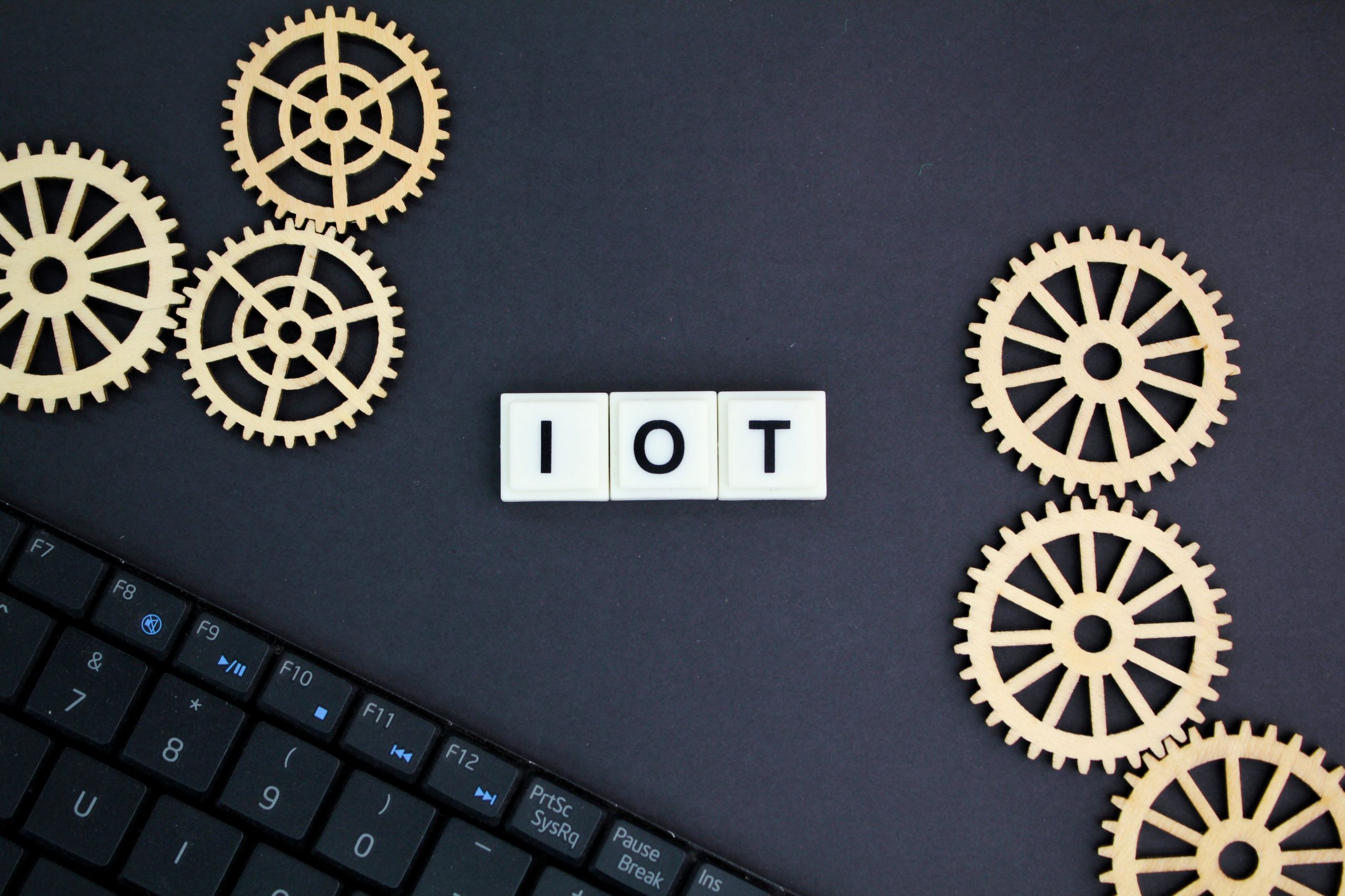It’s that time of year again: where we take stock of what 2017 has presented us with and think about what might be in store over the next 12 months. Google’s 2017 in search data revealed “how” was the most popular type of question asked by internet users, as people looked for answers on how to offer help and make a difference. It’s been a turbulent year for many, and not just thanks to extreme weather.
Meanwhile in the business technology world, the promise of AI, 5G, enterprise IoT and the end of desk-based working has, at least, provided us with a sense of steady progress.
This year, we surveyed 500 senior business decision makers in UK companies to find out just how mobile their businesses are. While 88 per cent permitted mobile working, many staff in operations roles such as HR, customer service reps and production staff rely on systems which leave them oftentimes chained to their desks with little chance of performing job functions from a mobile.

The data highlighted a growing need for companies to adopt a simple solution to improve efficiency and workflow for employees who rely on computers to access business systems. 2018 should bring with it an increase in awareness of mobile ERP solutions, so that all employees can enjoy some level of quick and easy access to core functions relevant to their job from any mobile device.
Here’s what else we can expect to see as the year progresses:
1. Cloud ERP
Cloud ERP will continue to make gains, although vendors that are choosing to go “all in” with cloud are pushing customers away. They may even experience a backlash, with some customers insisting on on-premise and switching vendors if they can’t accommodate.
2. IoT
ERP systems will increasingly be hooked to IoT, tapping into data from systems such as Manufacturing Execution Systems (MES) that have machine efficiency data and other “big data” harvested from sensors for analysis purposes.
3. Social
Virtually all ERP systems will have to have some means of social collaboration that will slowly replace more antiquated means of communication such as e-mail and reduce reliance on outside systems for communication. Conversations will increasingly be kept inside the walls of the ERP system.
4. Will AI & Cryptocurrency Live Up To The Hype?
No, unlike other ERP analysts, I don’t believe that either cryptocurrency or AI will make any serious impact on the deployment of ERP systems in 2018. The technology is just too new and not a focus of ERP vendors since they’re working on more pressing priorities. Perhaps in 2019…
5. Saying Goodbye To Legacy Systems
Most legacy ERP software from the ‘90s will have to be replaced by modern platforms since they will increasingly be reaching end of life. This will be a huge challenge for ERP software companies that don’t have the resources or inclination to modernise ancient client/server beasts. Further complicating the push to modernise enterprise ERP systems will be the lack of consulting talent to migrate from the old to the new.






